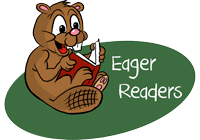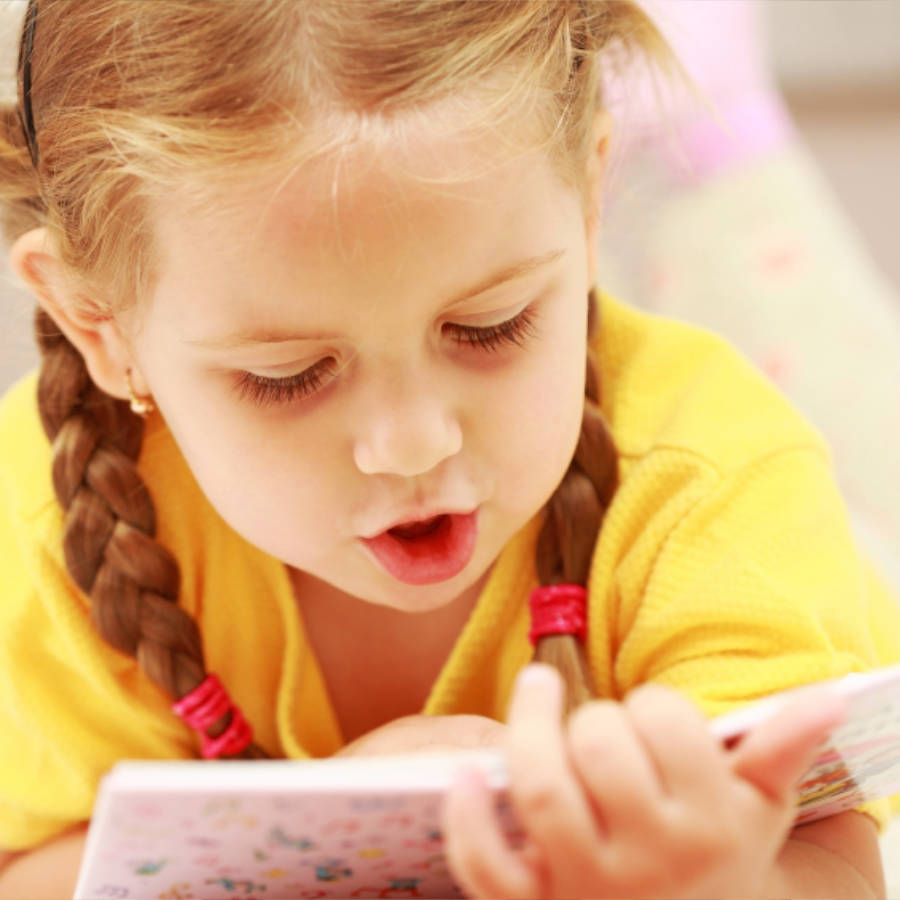Our Approach
As parents, it is our expectation that our children will become readers. After all, reading is fundamental to the rest of our learning in school and university. As literate adults, it is easy to think of reading as simple because we’ve been able to read for as long as we can remember. To the contrary, reading in English is a complex process that involves many aspects.
Eager Readers offers a systematic approach to reading instruction. At the onset, we develop children’s phonemic awareness through fun games and activities. Then the children engage in phonics activities to learn about the alphabetic principle. We start with single sound graphemes (our 26 letters) and move on to double-sound graphemes, commonly known as digraphs (sh, ee, ai, etc.). Throughout the program, students read books that are appropriate for their level of decoding ability. These are followed up with both literal and inferential comprehension questions. In addition, a portion of each lesson is dedicated to ‘word attack’ skills.
Once students have completed our reading program, they have the opportunity to become Eager Writers! Our writing programs are also structured and sequential. From the start, children learn to compose and punctuate different types of sentences. Grammar concepts, such as parts of speech, are explicitly taught. Students learn the fundamentals of writing: letters form words, words form sentences, sentences form paragraphs, and paragraphs form essays.
Furthermore, children have the freedom to choose their own topics to write about as they engage in the full writing process:
- plan
- draft
- revise
- edit
- publish.


